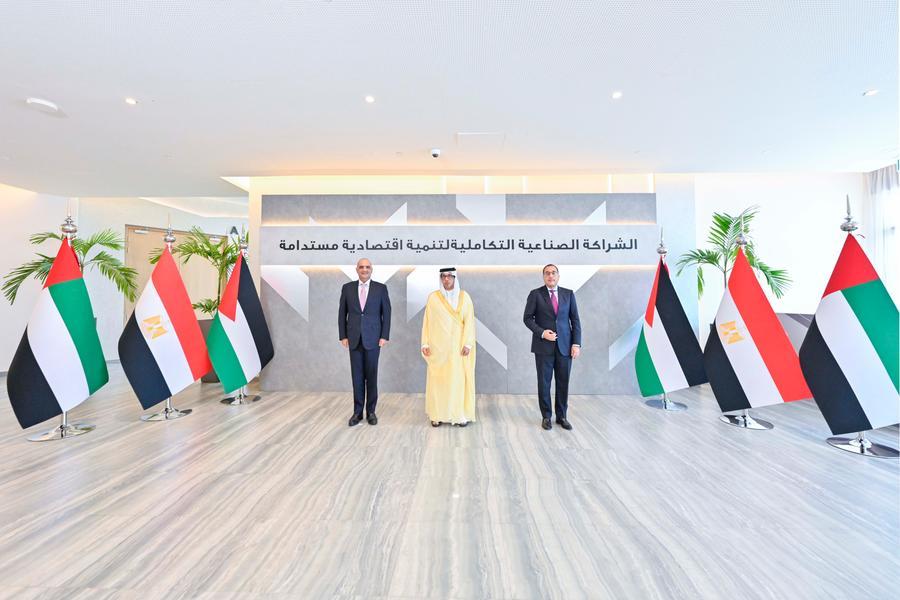CAIRO: Egypt’s Islamic groups are battling against fears that the tourism industry could suffer as they gain power in the country. The Muslim Brotherhood’s political wing, the Freedom and Justice Party (FJP) said they would hold a “Let’s encourage tourism” conference in Cairo to boost efforts to ensure the tourism sector continues to boom under their tutelage.
Still, the fears remain, with worries women could be barred from beaches in bikinis. Much of the worries come from firebrand ultra-conservative presidential hopeful Hazem Saleh Abu Ismail, who said recently that he would bar women in bikinis from beaches, and they could face arrest, if he were elected as the country’s next president.
The Salafist al-Nour party, also announced it was launching a tourism conference in the southern Egyptian city of Aswan to promote the industry.
The conferences come on the heels of both parties earning the lion’s share of votes in the first round of elections for Egypt’s new parliament.
Last year, some 15 million foreigners visited Egypt, but with the political and social situation tumultuous, fears are growing in the country that the tourism sector, a major foreign currency gainer, could face a downturn.
In line with Abu Ismail’s statements, a number of candidates and religious scholars have called for covering ancient monuments, banning alcohol, mixed gender beaches and gambling.
“Certainly, I am worried because my friends and I like to go to the beach on the weekend and my female friends where bikinis, so it is frustrating to see this happening,” said Abeer Yussif, a Jordanian-Egyptian university student. She told Bikyamasr.com that going to the beach “is one of our outlets from Cairo and we don’t like to be told what we can and can’t do.”
On the Muslim Brotherhood’s Facebook page on Saturday, images were posted of the group’s Supreme Guide Mohamed Badie shaking hands with foreigners in the historic city of Luxor.
FJP members also visited the ancient Pyramids of Giza on Saturday to show the “Brotherhood’s support for tourism,” read the Facebook page.
The Nour Party, which garnered some 20 percent of the voting thus far, hopes their conference will join forces with representatives of the tourism sector, including operators and hotel officials “in a bid to support the industry.”
“We do not want to ban tourism. On the contrary, we want revenue from tourism to multiply,” spokesman Nader Bakkar told the Egyptian satellite channel CBC on Saturday.
However, Bakkar did allude to the idea of segrgated beaches, which Yussif and her friends believe would spark outrage among much of the youth.
“It is wrong and I know that many of us will not stand for turning Egypt into another Saudi Arabia or Iran,” she argued.
“The Nour party does not want to ban beach tourism. But we do want to see a type of Halal tourism … such as segregation of beaches,” Bakkar was quoted as saying.
Since the 18 days of protests ousted former President Hosni Mubarak, the tourism industry and the economic situation facing Egypt has been hit hard, with fewer foreign visitors arriving to the country and business in Egypt becoming stagnant.
In the coming months, as parliament is finalized and a clear vision of Egypt’s future is developed, a better understanding of how tourism will be affected is likely to come to light. Yussif and her friends hope little changes in terms of their ability to enjoy a day in the sun, or take visitors to the ancient sites across the Nile River Valley.
“It is all really speculation right now and we wonder how many Egyptians would support segregation on beaches and the idea that ancient monuments should be covered,” she added.
BM
Second Article
Egypt’s main Islamist parties on Sunday launched separate conferences aimed at promoting tourism as they scrambled to allay fears that the lucrative industry is under threat from religious conservatism.
 The Freedom and Justice Party (FJP) – the political arm of the influential Muslim Brotherhood – announced a conference in Cairo entitled “Let’s encourage tourism” that brought together industry leaders and party members.
The Freedom and Justice Party (FJP) – the political arm of the influential Muslim Brotherhood – announced a conference in Cairo entitled “Let’s encourage tourism” that brought together industry leaders and party members.
Meanwhile, Al-Nur, the ultraconservative party representing followers of the fundamentalist Salafi brand of Islam, said it was launching a conference to promote the industry in the Egyptian southern city of Aswan.
About 15 million holidaymakers visited the country last year, attracted by its Pharaonic sites and Red Sea beach
resorts. The industry is a key money earner and source of foreign currency.
Islamist parties won a crushing victory in the first stage of parliamentary elections which wrapped up last week, leading to fears they might impose strict Islamic law that could scare off Western holidaymakers.
Some Islamist candidates or religious scholars have advocated destroying ancient monuments – seen as a form of idol worshipping – and bans on alcohol, mixed-sex beaches, gambling and even bikinis.
On the Facebook page of the Muslim Brotherhood on Sunday, Supreme Guide Mohammed Badie was shown shaking hands with foreign visitors as he toured the historic city of Luxor.
Members of the FJP also visited the ancient Pyramids of Giza on Sunday to show the “Brotherhood’s support for tourism,” said the Facebook page.
Al-Nur, which has come second in the polls with more than 20 per cent of votes so far, said their conference would bring together representatives from tourism chambers, hotels and tour operators “in a bid to support the industry.”
“We do not want to ban tourism. On the contrary, we want revenue from tourism to multiply,” spokesman Nader Bakkar told the Egyptian satellite channel CBC on Saturday.
But he also spoke in favour of segregation of the sexes on beaches.
“The Al-Nur party does not want to ban beach tourism. But we do want to see a type of Halal tourism … such as segregation of beaches,” Bakkar said.
The tourism sector was virtually paralysed during 18 days of protests that toppled Mubarak in January and February, and has been struggling to recover since.
Following years of crackdowns under Mubarak, Islamists have since the revolt become increasingly open about their ambitions for an Islamic state, threatening the livelihoods of hundreds of hotels and beaches.
About a thousand employees in the sector demonstrated last Friday to draw attention to their difficulties and the anti-tourist declarations of some Islamists.
The industry is estimated to support about a tenth of the active population.




